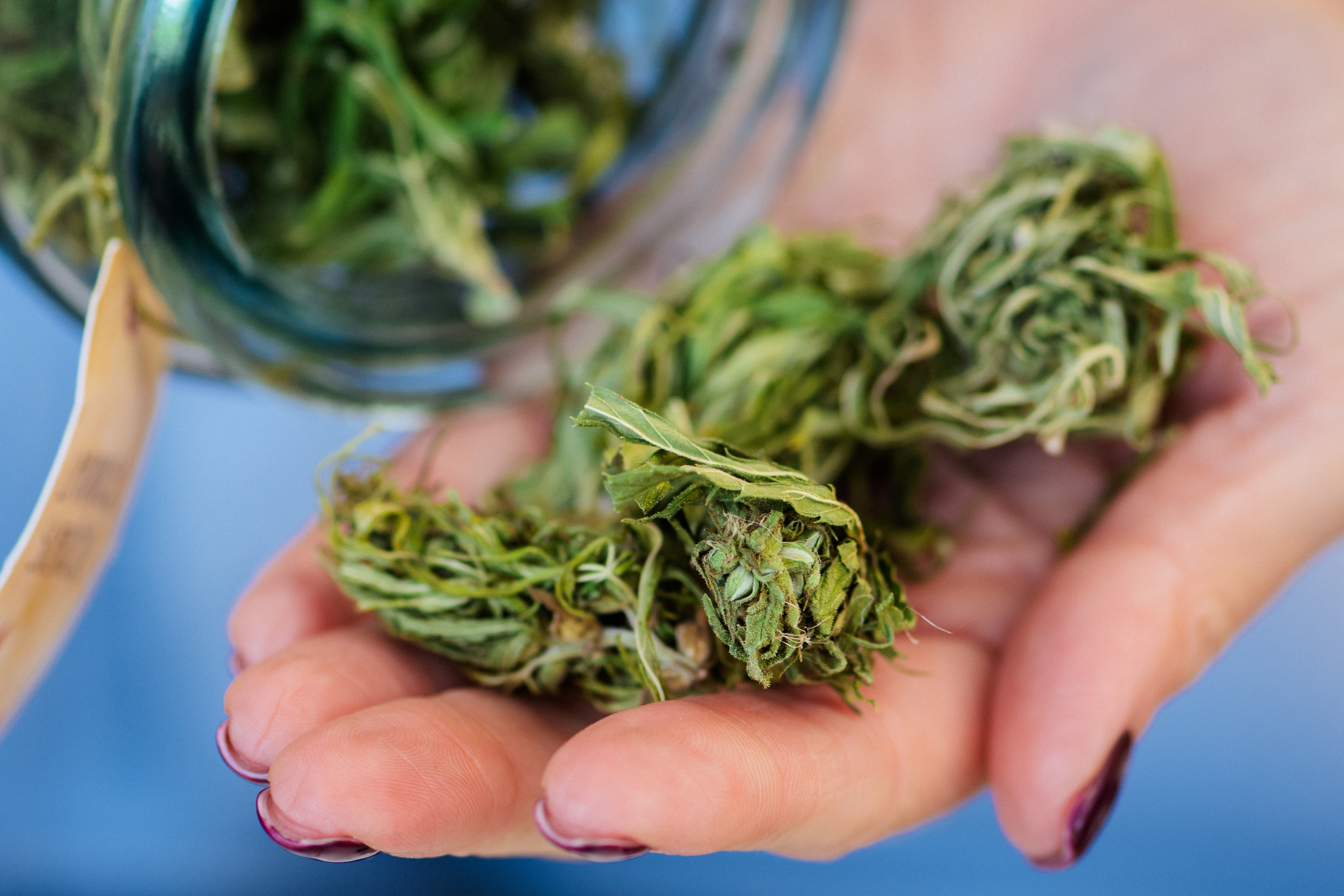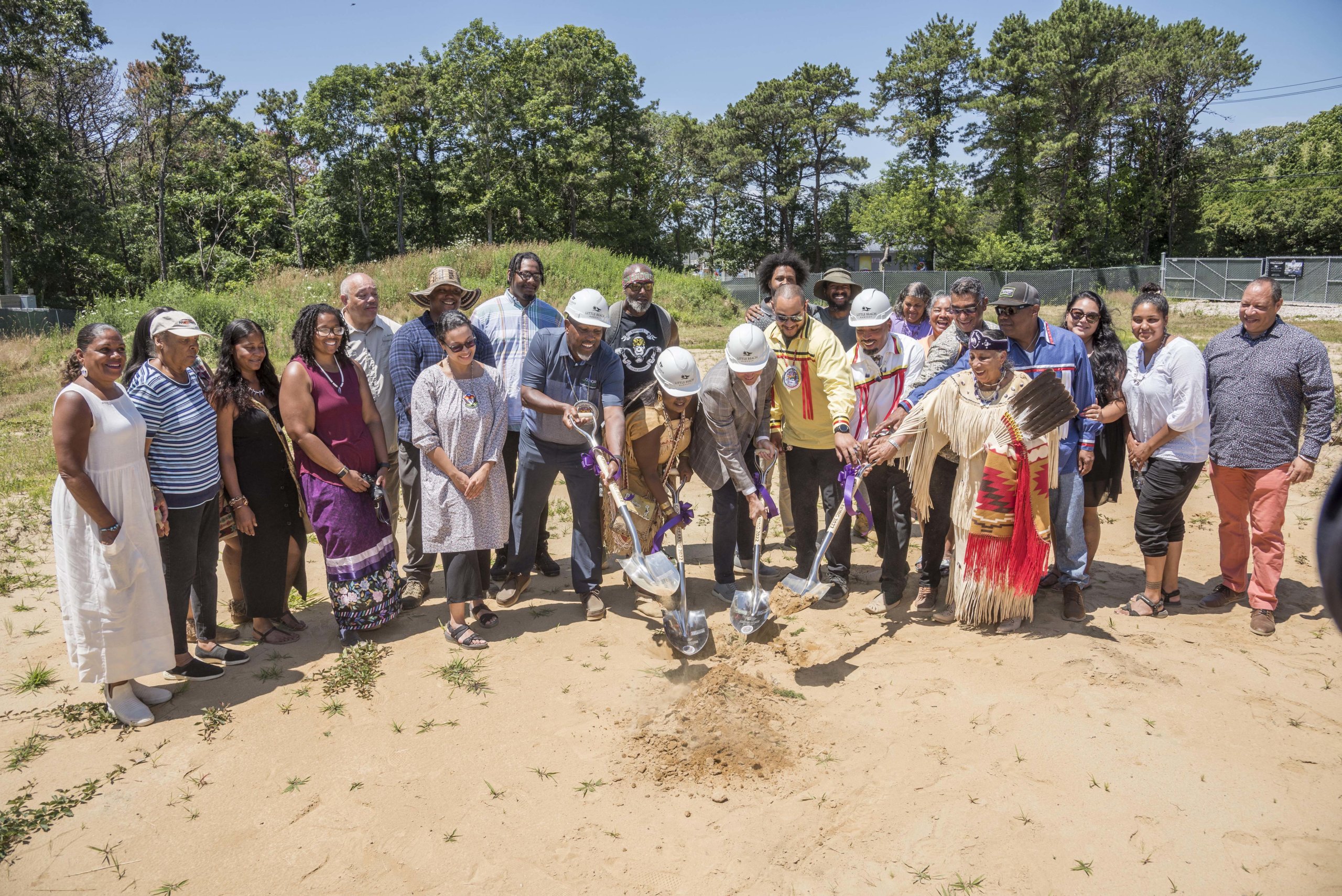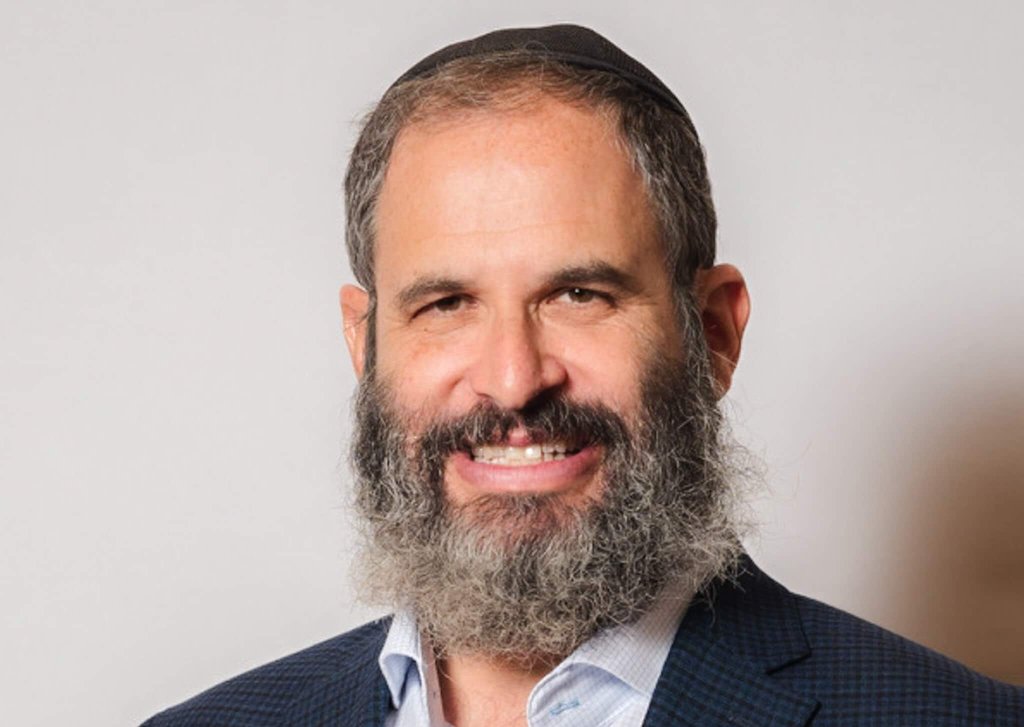Where's the Weed? Local Pot Rollout Hazy 2 Years After NY Legalization

March 31 marked two years since New York State legalized recreational marijuana, but despite a flurry of regulation formation and cannabis licenses being issued, no weed dispensaries have opened on Long Island or the East End.
The state Cannabis Control Board (CCB) approved the latest round of Conditional Adult-Use Retail Dispensary (CAURD) licenses — the legal document required to open a pot shop or cannabis cafe — at its April 3 meeting, increasing the number of such businesses from 40 to 63. However, regulators could not say when the first shop may open locally — despite the first retail licenses being issued in November.
“These new licenses will allow entrepreneurs to fairly participate in the legal market while promoting innovation and creative diversity throughout New York’s ever-growing cannabis supply chain,” said CCB Chair Tremaine Wright.
The 23 new licenses for Nassau and Suffolk counties were among 99 issued statewide, bringing the Empire State’s total to 399, although only seven have opened so far in New York City and upstate. In the meantime, illegal dispensaries have proliferated in the city and some stores on Long Island have been caught selling cannabis products without a license.
The towns of Southampton, Riverhead, Brookhaven and Babylon Village are the only LI municipalities to allow pot retailers in their jurisdiction. Local companies have also yet to launch home delivery, which can occur anywhere under state rules. About a dozen farmers who won licenses to grow marijuana on the East End are also not limited to growing in those four towns, and a cannabis lab was approved earlier this year in Hauppauge. And regulations for New Yorkers growing recreational marijuana at their homes have yet to be codified.
Little Beach Harvest, a recreational marijuana dispensary being built on the Shinnecock Indian Nation territory in Southampton, still appears on track to be the first recreational cannabis retailer to open on Long Island, as its proprietors eye an opening in late May.
“We’re working around the clock to finalize and get it done,” said Shinnecock Indian Nation Chairman Bryan Polite, who did not specify an exact opening date.
The $18 million tribally licensed medical cannabis business will operate a 60,000-square-foot cultivation and processing facility, along with a modern dispensary including a drive through and an adjacent lounge in partnership with TILT Holdings Inc., a Phoenix-based business consultant financing the project, and development firm Conor Green.

Entities approved in the latest round of licenses issued for Long Island are Staten Island-based Happy Days Dispensary Inc., online-based Where’s my lighter? LLC, Heritage Gold & Silver, Mount Sinai-based East Coast Psychedelics Inc., Massapequa-based Alexander Kelch LLC, Lindenhurst-based Gourmet Budz LLC, Legendary Bliss LLC, Freeport-based Brain Bloom LLC, Zaquia Chaplin, Huntington-based AQR Development Funding LLC, Adam S. Drake, Holbrook-based High Path Wellness LLC, Sherwood R. Adams, Mottz Only Authentic New York Style LLC, Jonathan Gibbs doing business as Zooties, Deer Park-based The Gold Source Inc., Rockaway Park-based Neo Wellness LLC, All Safe Electric & Security LLC, AFLI LLC, Kintech Heating and Cooling Inc., Holy Buds Inc., WAO Industries LLC and CJ Fuel Oil Inc.
Unlike many other states, New York has reserved its first round of retail licenses for nonprofits, applicants with marijuana convictions and their relatives. The steps are designed to address inequities produced by the country’s war on drugs.
However, the rollout was slowed in part by a federal ruling that had temporarily blocked the state from issuing recreational marijuana dispensary licenses in Brooklyn and parts of upstate New York while a legal challenge to the state’s selection process is being considered. The company Variscite NY One is arguing that the state’s selection process favors New York residents over out-of-state residents in violation of constitutional interstate commerce protections.
But a federal appeals court lifted most of that injunction earlier this month, paving the way for the CCB to provisionally approve licenses in those areas as part of the 99 most recently green-lighted. Applicants still need to complete a supplemental application.
“We’re absolutely thrilled that we’re able to expand the rollout of legalized cannabis across almost every region of the state,” said Wright.
The recent ruling from the U.S. Second Circuit Court of Appeals allows the state to hand out licenses in Brooklyn, central New York, the mid-Hudson region and western New York, while upholding the block on them in the Finger Lakes region while a lawsuit continues.
Veteran cannabis investor Emily Paxhia credits New York with good intentions on social equity but said the state was shortsighted about the need to set up enforcement early on against illegal shops. Paxhia, a co-founder and managing partner of Poseidon Investment Management, sees the legalization rollout so far as a “disaster,” but not a lost cause.
“I’m still hopeful that the New York market turns around,” said Paxhia.
State officials are also aiming to clean up the illicit market. Authorities would be given expanded power to shut down illegal pot shops and levy fines of up to $200,000 under legislation proposed by Gov. Kathy Hochul, who’s seeking to protect the state’s fledgling legal market for recreational marijuana.
The new bill before Legislature would give the state Office of Cannabis Management and state tax officials new powers to crack down on unlicensed activity. The bill would give the cannabis office expanded authority to seize illicit products and establish procedures for the government to shut down unlicensed businesses. Violations could lead to fines for illicit cannabis plants or products and businesses could be fined $10,000 a day for selling cannabis without a license, according to the Hochul administration.
“The continued existence of illegal dispensaries is unacceptable, and we need additional enforcement tools to protect New Yorkers from dangerous products and support our equity initiatives,” Hochul said in a statement.
-With Associated Press



